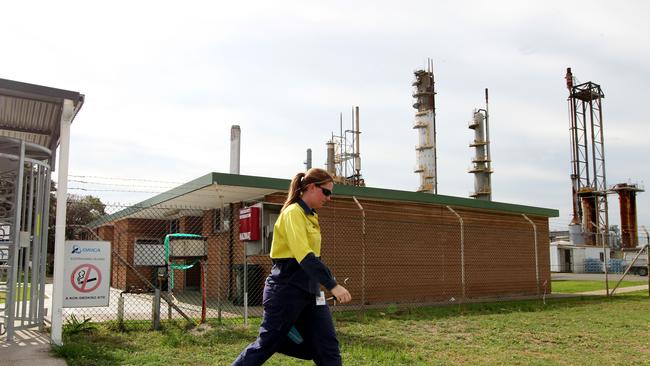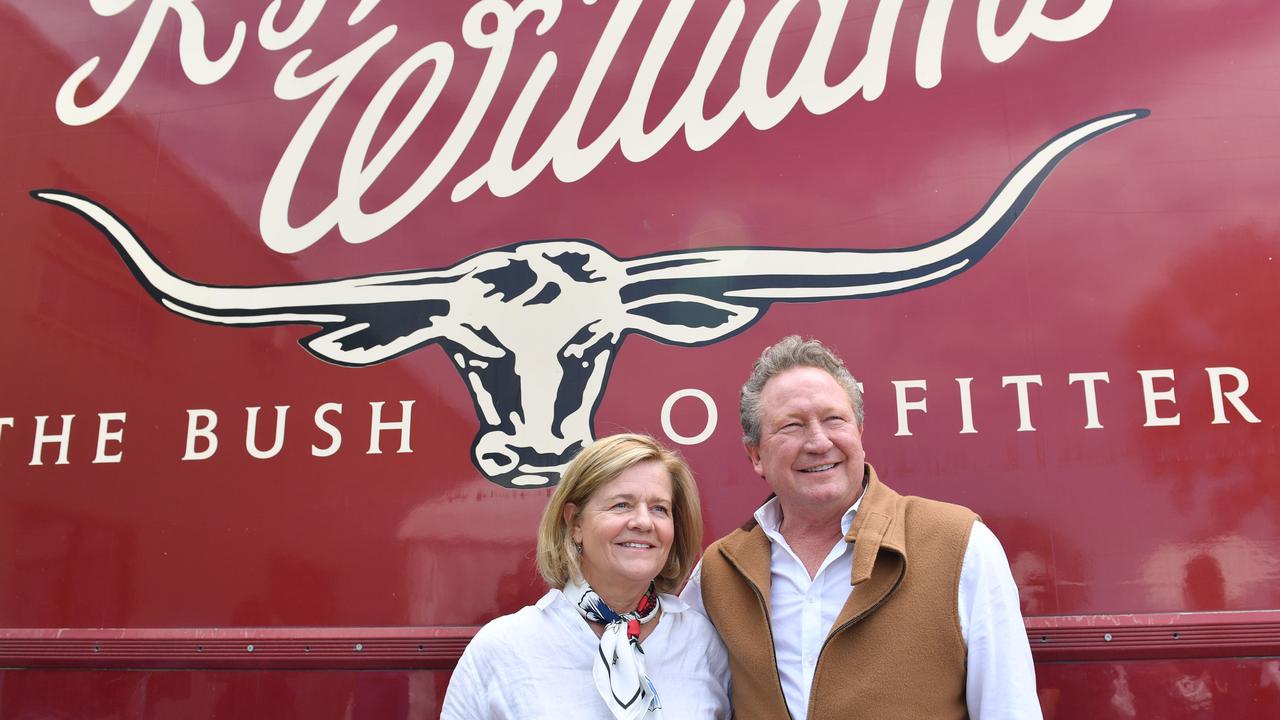Jobs at risk as Orica mulls future of Newcastle ammonia plant amid high gas price pressure
Up to 300 jobs are at risk as Orica mulls the future of its Newcastle plant amid pressure from high gas prices.

Orica is weighing the future of its Newcastle ammonia plant with up to 300 jobs at risk as the high price of gas renders its Kooragang Island facility uncompetitive.
The explosives maker (ORI) said it is considering importing ammonia rather than producing its own supplies with a decision likely in the next few years when new investment in the project is required.
Production sites such as Kooragang typically need major maintenance every three to five years, triggering a decision for Orica’s board on whether it continues to invest in the facility’s long-term future. Orica says the Newcastle plant is in the last quartile in terms of operational efficiency compared with the broader global industry due to high gas prices.
“If you going to put in significant amount of sustaining capital back in which is more than $100 million, we will look at whether it’s better to import ammonia instead,” Orica chief executive Alberto Calderon said. “Because gas is half the cost of ammonia, currently its cheaper to import ammonia than to produce it.”
The decision will partly hinge on gas tenders Orica currently has in the market for new supplies, but Orica says it holds concerns about the trend within the east coast market for across the board LNG pricing regardless of whether producers are exporting gas.
“LNG suppliers have become far more aggressive in sourcing gas from the local market. As manufacturers, we now engage the large LNG interests as both supplier and competitor in regards sourcing gas,” Mr Calderon said. “A particularly unwelcome development has been the pricing behaviour of traditional non coal seam gas suppliers who, without the high cost exposures created by owning LNG assets, have begun to price their gas at the same levels as their LNG counterparts. Manufacturers now cost LNG netback pricing being presented as the default reference floor price on our negotiations.”
The linkage between east coast and international LNG prices took shape after Queensland’s three export projects started shipping local gas to customers in Asia over the last few years.
Domestic gas prices soared to over $20 a gigajoule in 2017 and still fetch above $12 a gigajoule, about three times historical levels of $3 to $4 a gigajoule.
Orica called for the federal government to ensure that the domestic gas market is adequately supplied every year with excess supplies then being exported to buyers in Asia.
“When the market reaches this point, domestic gas prices would converge to costs of extraction plus a fair return plus transportation costs,” Mr Calderon said. “Today’s estimates indicate a sub $6 cost for proved and probable underdeveloped reserves and hence Sydney prices should converge somewhere between $8 and $9.”
LNG exporters escaped the threat of government intervention last year after signalling the extension of a deal to offer uncontracted gas for domestic use before export and agreeing to make gas available at peak demand periods for the power grid.
Gas players recommitted to the Australian Domestic Gas Security Mechanism which gives the government power to limit gas exports if it anticipates a domestic shortfall the following year.
Labor has also pledged to introduce a separate gas export price trigger that would curb supplies of LNG exports, raising fears among producers about the risk of retrospective moves which could disrupt Australia’s second biggest export earner.
Orica said government intervention may be justified given the impact of LNG exports on local industry.
“Whether fair or not this intervention demonstrates that the social licence to operate of the LNG exporters has been diminished as the broader community becomes aware that the promise of an LNG export-led economic recovery comes with a very high price tag in the form of a much smaller, less diverse local industry base.”
Industrial giant Dow Chemical warned today the lack of a national energy policy is slowing Australia’s economic growth as high power and gas bills force big business to shut operations or pass the costs on to struggling households.




